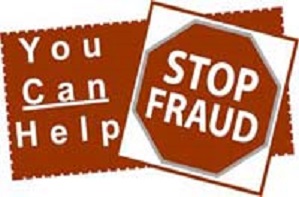Imports
Imported Goods
All goods imported into Botswana are subject to VAT; with the exception of the imports listed in the Third Schedule of the VAT Act. These VAT-exempt imports are essentially the same as those that are exempt from customs duties. Very few of these exempt imports are relevant for mainstream business enterprises.
VAT liability on imports arises when the goods are cleared through Customs. Goods held in bonded warehouse are not subject to VAT until they are cleared for use.
The Act makes provision for deferment of VAT due on imports where the importer provides adequate security for the tax due or where the Commissioner is satisfied that the importer has in the past paid all tax due on imports promptly.
The value of imports for VAT purposes must include all taxes and duties payable, and the cost of insurance and freight. For goods coming from Southern African Customs Union (SACU) member countries (i.e. South Africa, Lesotho, Namibia and Swaziland), the value for VAT purposes will include insurance and freight.
Declaration procedure
1. Complete 4 copies of VAT Deferral form (VAT 004.1)each time goods are imported.
2. Attached a copy to an authorized BW500 for your records.
A statement would be generated at the end of the month and the amount due is payable by the 25th of the following month. It is important to always make sure that Personal Identification Number is linked to Vat account number.
Note: Always make sure that the account number is quoted in block 48 of BW500.
Failure to pay outstanding amounts of VAT deferred by the due date will result in the registration suspended or cancelled.
Input tax for imported purchases should be claimed only after payment has been made. Any input tax claimed on deferred VAT before payment will result in interest and penalties being charged. If the problem is discovered after 4 months, the person will risk losing the opportunity to claim the input tax.
Imported Services
Only services imported for use or consumption in Botswana for a purpose other than to make taxable supplies are subject to VAT. In practice, this means a person who is making only exempted supplies or non-registered supplier will be liable to VAT on services imported. A person making mixed supplies (i.e. both taxable and exempt supplies) is liable for VAT on services imported as inputs to making exempt supply. Liability for tax on an imported service arises when the services are received or when payment is made for the services, whichever is the earlier. Once either of these events occurs, payment of the VAT due must be made within 30 days.




